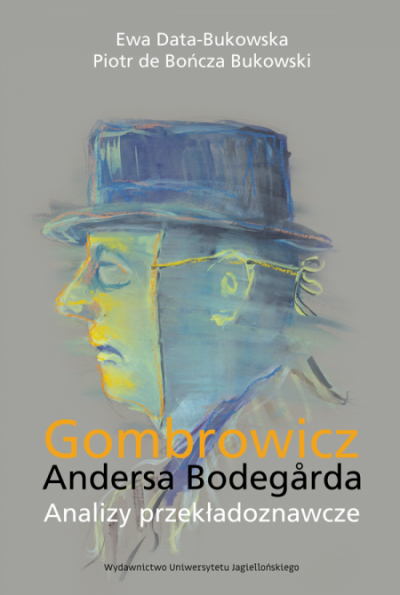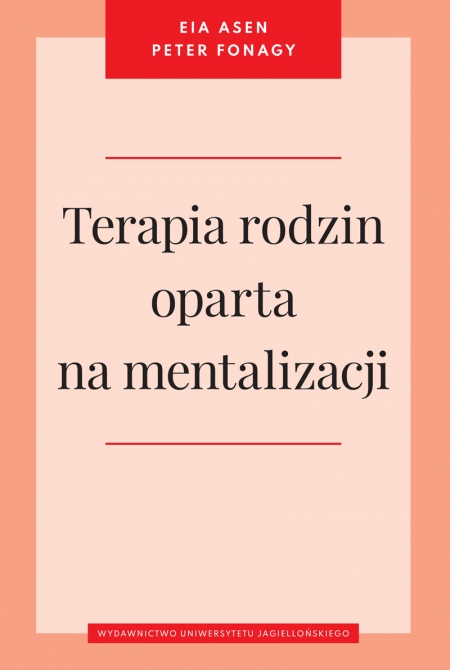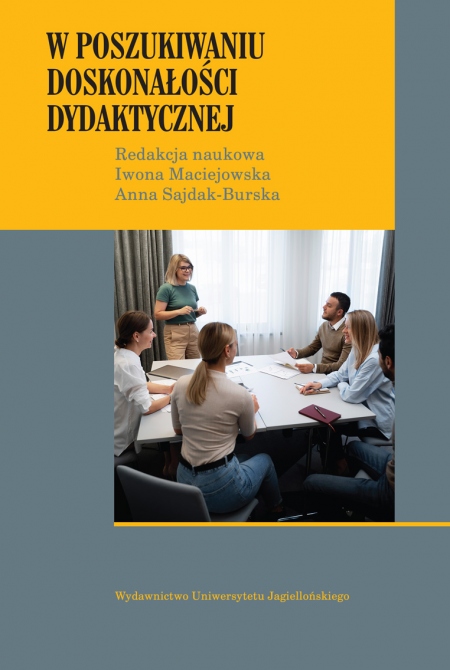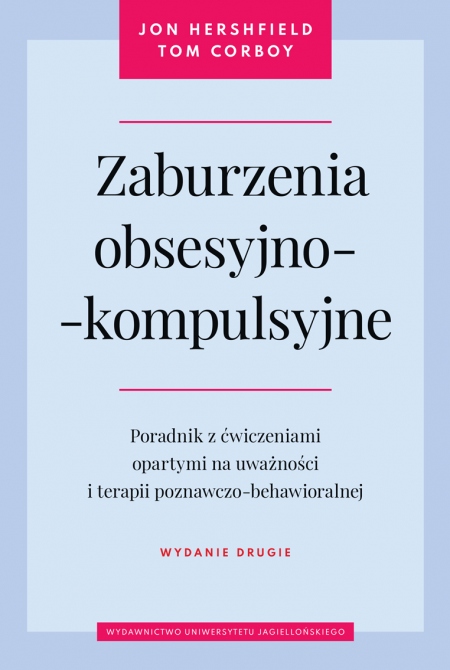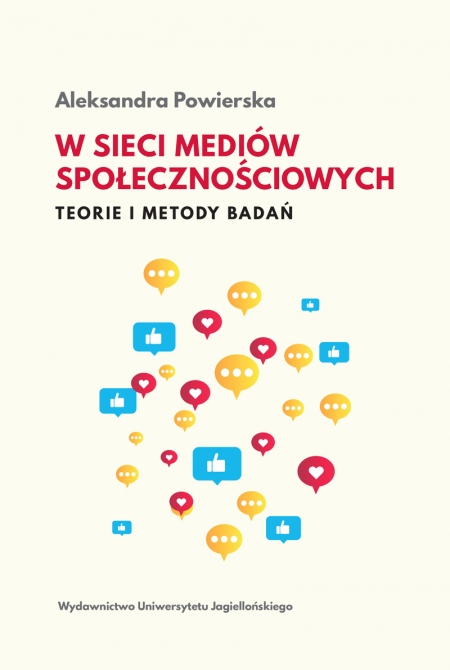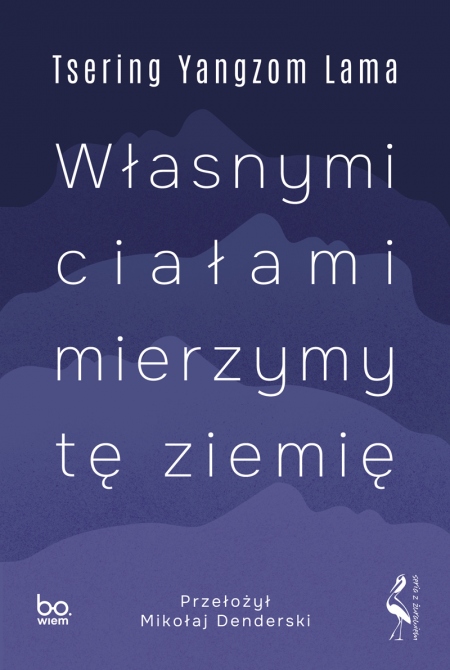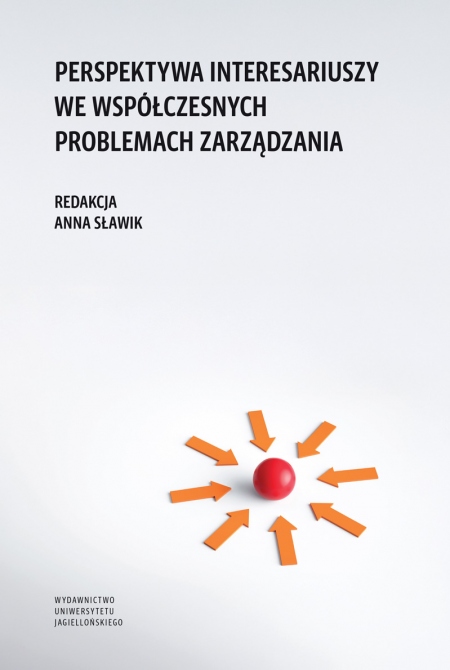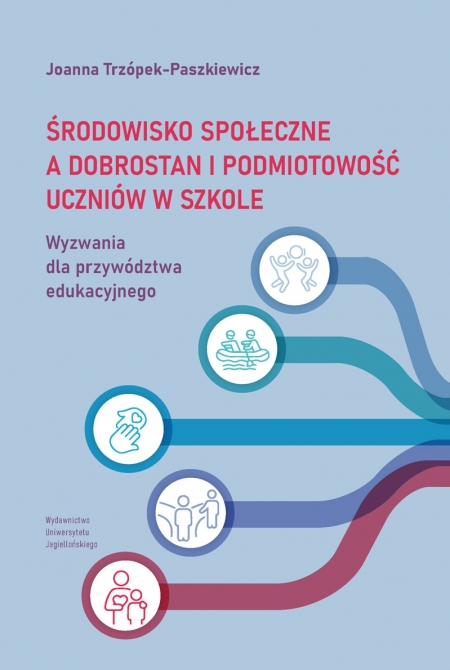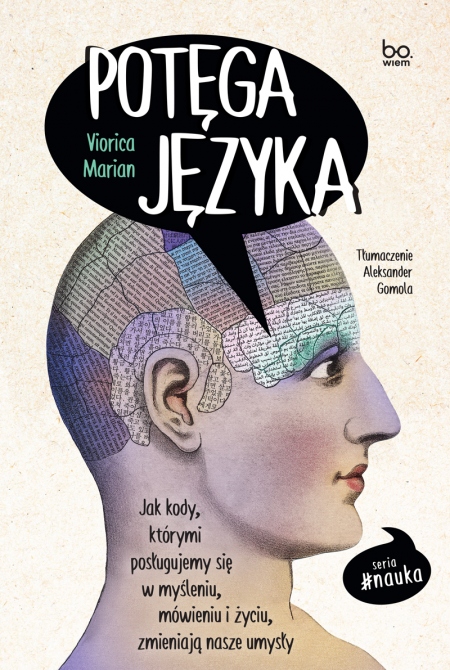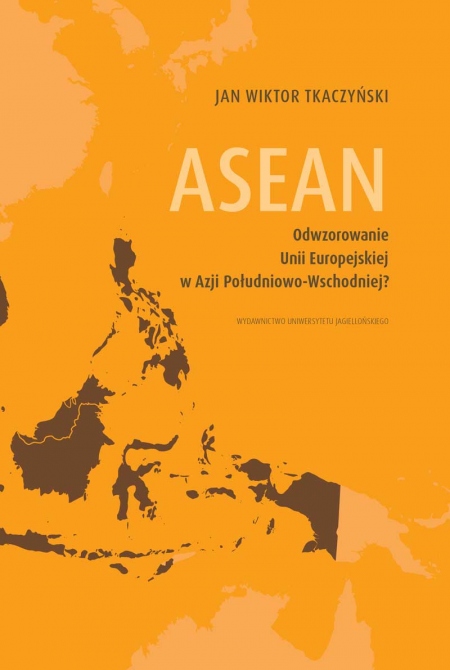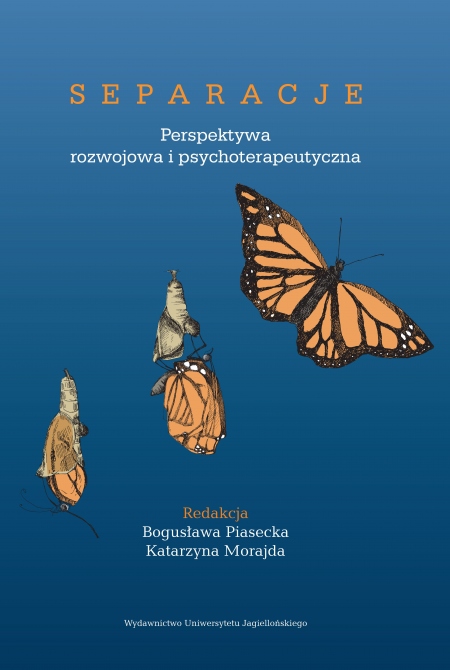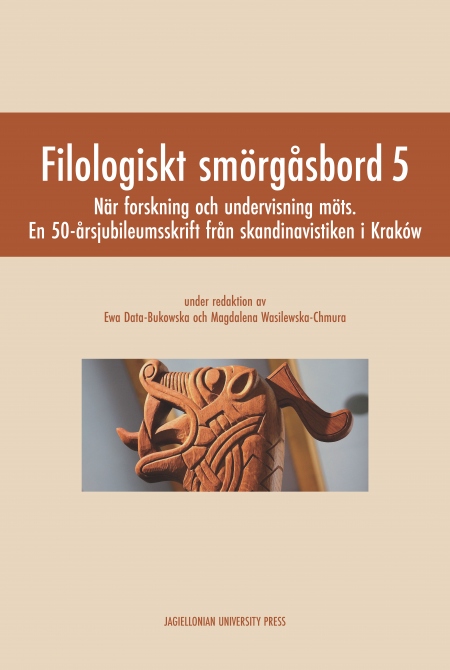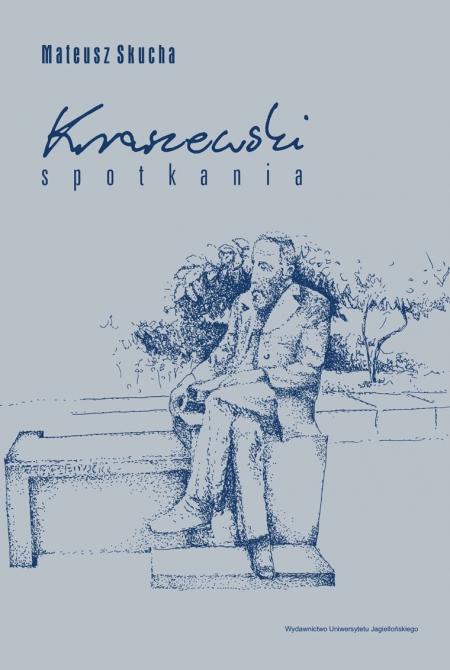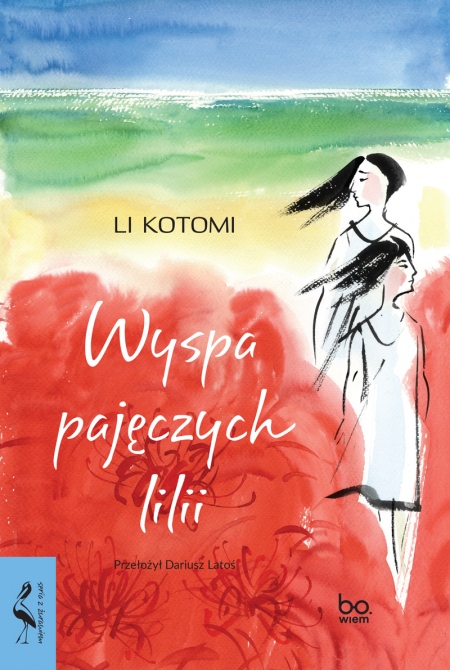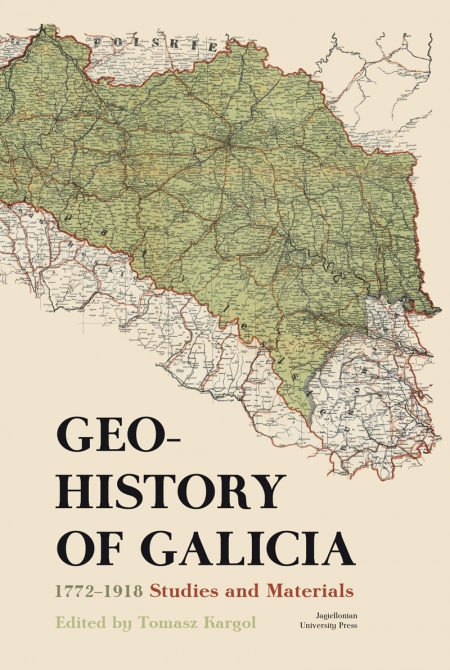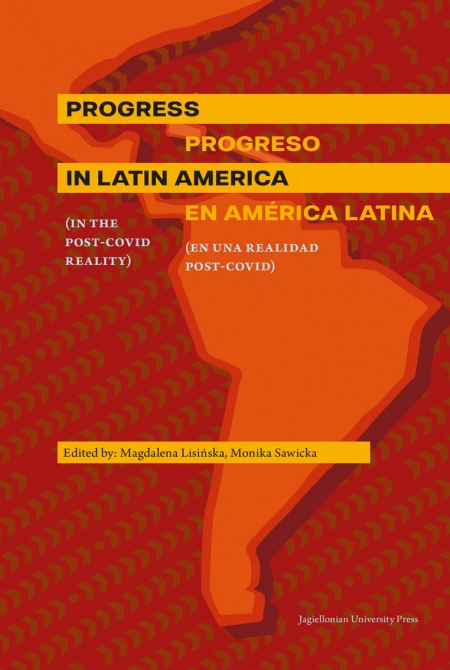
Peter Handke. Opowiadając, zbawić świat
Pages: 148
Book format: 14,5x20,5 cm
Publish date: 21.04.2023
Book description
Peter Handke - Storytelling as redeeming the world
This small but subtle book, shedding light on Handke´s works with profound expertise, allows for a better understanding of one of the most important contemporary writers.
Lami takes the 2019 Nobel Prize laureate’s lecture delivered in Stockholm as a key to his mindset as a writer and his literary works. Analysing the multilingual aspect of the speech in combination with the novel Repetition (Wiederholung, 1986), she reveals Handke as an author against the background of the Slovene borderlands. Using her expertise in religious studies, she approaches the spiritual dimension of Handke´s works, elucidating his ingenious understanding of messianism.
Prof. Dr Hab. Monika Rudaś-Grodzka, IBL PAN.
Quotation from the book:
“Literary translation is at the core of Handke´s works – as was his idea of the Slavs with which it was closely related, especially at the very beginning of his career as a translator. Analysis of Handke´s oeuvre of translation fosters an understanding of his literary poetics as well. Peripheries, no-man´s-land, and the space in between languages have inspired Handke as an author who makes use of the whole range of literary creation.”
This small but subtle book, shedding light on Handke´s works with profound expertise, allows for a better understanding of one of the most important contemporary writers.
Lami takes the 2019 Nobel Prize laureate’s lecture delivered in Stockholm as a key to his mindset as a writer and his literary works. Analysing the multilingual aspect of the speech in combination with the novel Repetition (Wiederholung, 1986), she reveals Handke as an author against the background of the Slovene borderlands. Using her expertise in religious studies, she approaches the spiritual dimension of Handke´s works, elucidating his ingenious understanding of messianism.
Prof. Dr Hab. Monika Rudaś-Grodzka, IBL PAN.
Quotation from the book:
“Literary translation is at the core of Handke´s works – as was his idea of the Slavs with which it was closely related, especially at the very beginning of his career as a translator. Analysis of Handke´s oeuvre of translation fosters an understanding of his literary poetics as well. Peripheries, no-man´s-land, and the space in between languages have inspired Handke as an author who makes use of the whole range of literary creation.”
Abour author
Dr Marlis Lami - born in Austria she studied Classic Studies, Slavic Studies, Polish Studies at the University of Berne (Switzerland). In the context of her M.A. thesis, she worked on reminiscences of Homer in Mickiewicz´s Pan Tadeusz. Working in international culture exchange she gained a Executive Master degree in Arts Management from the Zurich University of Applied Sciences Winterthur, Switzerland (Zürcher Hochschule Winterthur). She received her Ph.D. in Slavic Studies at the Institute of Slavic Studies, University of Vienna, for her dissertation about Andrzej Towiański´s Writings in an European Historical Context (diploma with distinction). In Poland she worked as a lecturer at the Institute of Philosophy, at the Institute of German Studies, both Jagiellonian University, Cracow, and at The Institute of Literary Research of the Polish Academy of Sciences, IBL PAN, Warsaw.
Author and literary translator, mainly poetry.
Author and literary translator, mainly poetry.
ISBN: 978-83-233-5218-1
e-ISBN (pdf): 978-83-233-7422-0
Country of producer: Poland
RECOMMENDED BOOKS
105.00
zł
84.00
zł
NEW BOOKS

Peter Handke. Opowiadając, zbawić świat
Choose chapters to buy:
Order value:
0.00 zł
